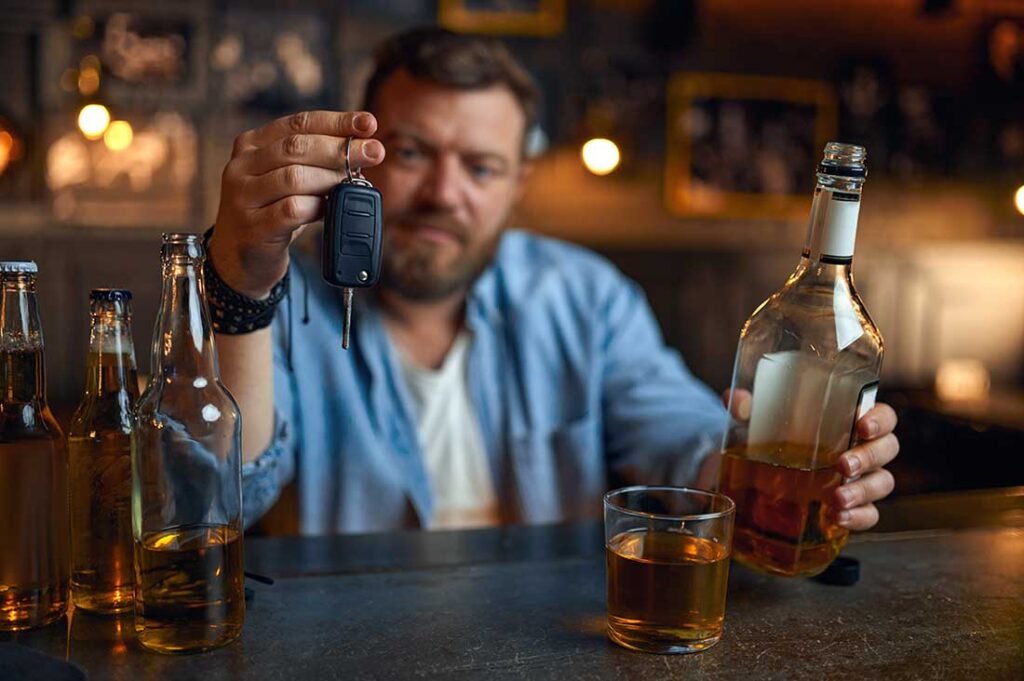You’d think by now people would know that tequila and traffic don’t mix. Yet here we are, still watching lives torn apart by drivers who treat the road like a roulette table.
During her latest morning press conference in Tijuana, Governor Marina del Pilar Ávila Olmeda faced the question head-on: why are families still being destroyed by drunk drivers who walk away with a slap on the wrist?
The question came after the heartbreaking story of Karina Michel, a young woman left quadriplegic in 2019 after a drunk driver hit her. The man responsible didn’t spend a single night behind bars. To make it worse, a judge reduced his compensation order from 14 million pesos to—wait for it—just 37 thousand. That’s barely the price of a decent used scooter.
“Always, our government will stand with the victims,” Ávila said, her tone sharper than usual. “But support isn’t enough. Justice must come faster—and it must mean something.”
The governor didn’t shy away from the tough part: Baja’s justice system still crawls when it should sprint. Families wait years for cases to be judicialized while aggressors keep living normal lives. In one case mentioned, a father has been waiting five years for authorities to process an assault case involving his autistic daughter.
Ávila promised to push for reforms that stiffen penalties for drunk and reckless drivers, while stressing prevention as the real long-term fix. “We don’t want more people in prison,” she said. “We want fewer victims.”
If you’ve ever driven on Highway 1 on a Friday night, you know exactly what she’s talking about. There’s no shortage of people who believe their pickup magically sobers them up. Local law enforcement has been tightening roadside checks, but the law still leaves too many gaps—especially when “I was drunk” is treated as an excuse instead of an aggravating factor.
The proposed review will look at how Baja handles vehicular homicide, injury compensation, and repeat offenders, along with preventive campaigns that actually reach those who need them most: young drivers and party-goers who think Uber is for tourists.
Ávila’s remarks also highlighted the growing frustration with lenient sentencing. Legal analysts in Mexicali say that outdated codes let judges downgrade charges if the accused shows remorse or pays partial damages, a loophole that has kept countless offenders out of jail.
Meanwhile, the human toll keeps stacking up. Families like Karina Michel’s burn through savings caring for victims who will never walk again, while the offenders post selfies at beach bars.
And yet, amidst the grim reality, there’s a sense of determination in the governor’s tone that feels different this time. Her administration has already tightened oversight in public transportation, championed women-only bus routes like Ruta Violeta, and expanded digital reporting tools for citizens. Cracking down on drunk drivers feels like the logical next move—something that could actually make Baja’s roads safer.
What’s next? Ávila hinted that her legal team is drafting an initiative to the state congress before year’s end, one that could introduce mandatory minimum sentences for intoxicated drivers involved in serious crashes and faster pathways for victim compensation.
No one expects miracles, but at least someone in power is acknowledging what most Bajacalifornios already know: road safety isn’t just about potholes and speed bumps—it’s about accountability.
So the next time you head out for tacos and a few beers, maybe skip the keys and call a cab. It’s cheaper than a lawyer, kinder than a judge, and better than ending up as the headline in next week’s Gazette.



